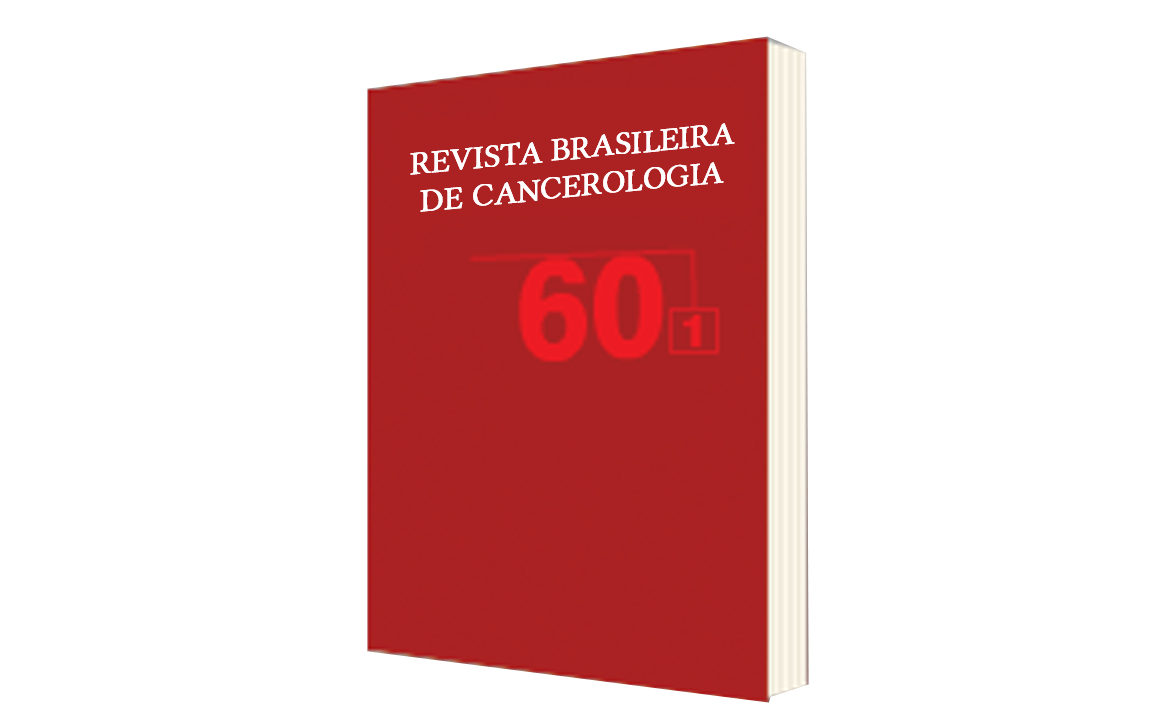Follow-up Evaluation of Women with Abnormal Cytopathological Tests According to the Procedures Recommended by the Ministry of Health of Brazil in Goiania city, State of Goias
DOI:
https://doi.org/10.32635/2176-9745.RBC.2014v60n1.486Keywords:
Female, Uterine Cervical Neoplasms-diagnosis, Uterine Cervical Neoplasms-epidemiology, Primary Health Care, Mass Screening-utilization, Brazil-epidemiologyAbstract
Introduction: The appropriate follow-up for women with abnormal cytopathology tests is important for the treatment of precursor lesions in the initial phase. Objective: To assess whether women saw in Basic Health Care Units with abnormal cytopathology tests were subjected to properly conduct recommended by the Ministry of Health. Method: The study analyzed 12,208 cytopathology results of women attending Units Primary Care in Goiânia, the period 2006- 2008, through the records of Primary Care and Medium Complexity Units. The Epi-info 3.5.1 software was used for data analysis. Results: Of the 12,208 results analyzed, 90.74% were classified as negative, 1.88% as unsatisfactory, 4.74% as less serious injuries, and 2.43% as medium severity injuries. Of the total, 579 women with cytopathology tests classified as atypical squamous cells of undetermined significance, possibly non-neoplastic/low-grade squamous intraepithelial lesion, 41.62% underwent cytology follow-up, 14.85% and 10.19% underwent colposcopy and biopsy, respectively. Of the 297 women with cytopathological findings classified as atypical squamous cells of undetermined significance, high-grade lesion/high-grade squamous intraepithelial lesion cannot be excluded, 42.76% underwent cytopathology follow-up, and 35.02% and 28.96% underwent colposcopy and a biopsy, respectively. Of the 24 women with cytopathological results reported as atypical glandular cells/invasive adenocarcinoma, 20.83% had follow-up cytopathology, and 16.67% and 12.50% of women underwent colposcopy and biopsy, respectively. Conclusion: The majority of women with abnormal cytopathology tests possibly were not subjected to the recommended protocols as recommended by the Ministry of Health.









